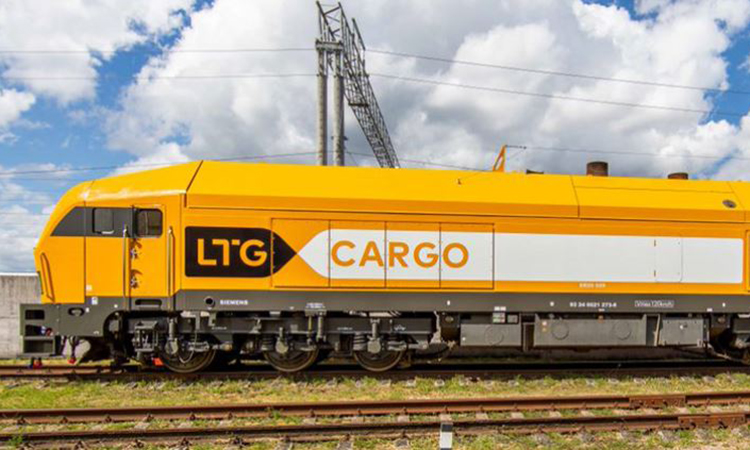LTG Cargo to start cooperation with Kazakhstan companies
Posted: 23 June 2022 | Elliot Robinson (Editorial Assistant - Global Railway Review) | No comments yet
LTG Cargo are to start cooperation with Kazakhstan companies as part of its strategy to diversity routes in Europe and Asia while avoiding Russia.


Credit: ltgcargo.ua
LTG Cargo, the freight transport company of the Lietuvos Geležinkeliai (LTG) Group, has continued to diversify its activities by signing its first international cooperation agreement with companies in Kazakhstan. At the same time, LTG Cargo will aim to strengthen the intermodal Trans-Caspian logistics corridor and enable new alternatives for transporting freight from Asia to Klaipėda Seaport.
“We aim to strengthen international cooperation and in doing so both further diversify our activities and help businesses find the logistics solutions they need, we are talking to companies in Kazakhstan about a project that could connect Lithuania to the Far East and Central Asia, bypassing Russia,” Eglė Šimė, CEO of LTG Cargo, said. “Together with our recently reopened subsidiary LTG Cargo Ukraine, we are already taking the first historic steps towards a new direction and hope to contribute to the development of a multi-modal rail, port and motor transport route crossing nine countries,”.
Related news you may enjoy:
LTG Cargo Ukraine to resume business in Ukraine
LTG Cargo commence intermodal freight transportation in Germany
LTG Cargo launch intermodal freight services to terminals in Poland
The company has signed a memorandum with Kazakhstan’s Temirzhol Zhondeu to cooperate on a railway project in Moldova. LTG Cargo plans to start providing mainline and shunting locomotive rental services to the company. In the future, LTG Group intends to provide these services to other companies in Kazakhstan and to also introduce freight forwarding services. LTG Cargo has also signed an agreement with Kazakhstan’s transport company Eurasian Vector. It is expected that this will allow 13,000 tonnes of metal alloy freight to be transported to Klaipėda Seaport. At the same time, LTG Cargo Ukraine has signed a direct cooperation agreement with KTZ Express, a company of the Kazakhstan Railways Group, to carry out intermodal transport along the Trans-Caspian corridor.
LTG Cargo is also currently expanding its operations in the West and is already successfully transporting rail freight from Lithuania to Germany. It is also actively developing partnerships with its Latvian and Estonian counterparts and is looking to exploit the potential of the Ambertrain train between the Baltic States and Western Europe.
Related topics
Related organisations
Eurasian Vector, Kazakhstan Railways Group, KTZ Express, LTG Cargo, Temirzhol Zhondeu








